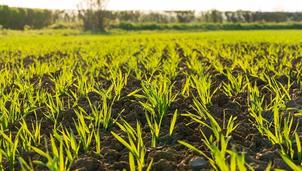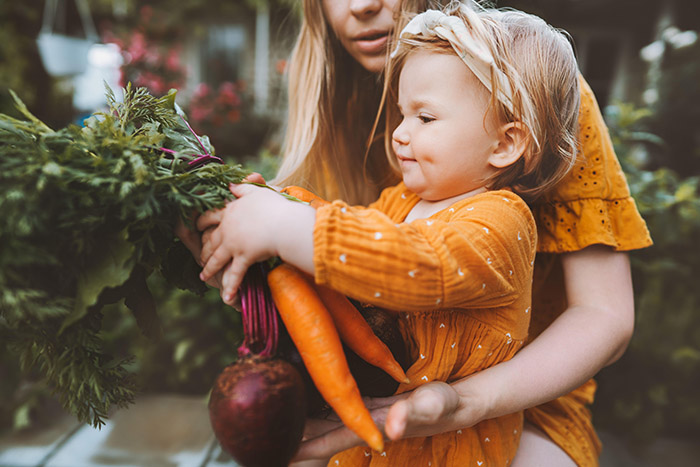The food system challenge

The modern food system is complex and interconnected. The farm-to-fork food chain is at its heart, geared to a network of economic, political, social, environmental and health factors that both drive and are driven by it. So how can we make sure it works well for everyone?
As we entered the Decade of Action to achieve the Sustainable Development Goals (SDGs) by 2030, many of the world’s food systems were fragile and not fulfilling the right to adequate food for all… The COVID-19 pandemic put these worrying trends in overdrive… Sustainable food production systems should be recognized as an essential solution to these existing challenges. It is possible to feed a growing global population while protecting our planet…
Source: UN
The current UK food system evolved following the Second World War to tackle the challenges of that era, and to meet post-war demand for affordable, convenient, widely available and great-tasting food.
Today, in the UK and around the world, the food industry is primarily market-based. Complex international supply chains of farmers, producers, retailers and hospitality businesses compete and collaborate to serve consumers. The system is driven by millions of individual purchasing decisions and commercial transactions every day. In response to changing demand, it has proved to be fast, efficient and innovative.
Parsons K, Hawkes C, Wells R. Brief 2. What is the food system? A Food policy perspective.
In: Rethinking Food Policy: A Fresh Approach to Policy and Practice. London: Centre for Food Policy; 2019.
Dimbleby report
UK Food Strategy
The UK government has now responded to the recommendations in the report. It says "This food strategy focuses on longer-term measures to support a resilient, healthier, and more sustainable food system that is affordable to all".
The government says its objectives for this strategy are to deliver:
- A prosperous agri-food and seafood sector that ensures a secure food supply in an unpredictable world and contributes to the levelling up agenda through good-quality jobs around the country
- A sustainable, nature positive, affordable food system that provides choice and access to high-quality products that support healthier and home-grown diets for all
- Trade that provides export opportunities and consumer choice through imports, without compromising our regulatory standards for food, whether produced domestically or imported


To achieve these objectives the government will seek to:
- Broadly maintain the current level of food we produce domestically, including sustainably boosting production in sectors where there are post-Brexit opportunities, including horticulture and seafood
- Ensure that by 2030, pay, employment and productivity, as well as completion of high-quality skills training will have risen in the agri-food industry in every area of the UK, to support our production and levelling up objectives
- Halve childhood obesity by 2030, reducing the healthy life expectancy (HLE) gap between local areas where it is highest and lowest by 2030, adding 5 years to HLE by 2035 and reducing the proportion of the population living with diet-related illnesses; and to support this, increasing the proportion of healthier food sold
- Reduce greenhouse gas (GHG) emissions and the environmental impacts of the food system, in line with our net zero commitments and biodiversity targets and preparing for the risks from a changing climate
- Contribute to our export strategy goal to reach £1 trillion of exports annually by 2030 and supporting more UK food and drink businesses, particularly small and medium sized enterprises (SMEs), to take advantage of new market access and free trade agreements (FTAs) post-Brexit
- Maintain high standards for food consumed in the UK, wherever it is produced


See more about the UK government's Food Strategy
Moving to a regenerative food system
Nestlé's belief is that a regenerative food system offers effective solutions to many of the myriad problems around food security, climate change, shared value and health. A regenerative food system is one that aims for more than sustainability, but goes further. It aims to start with improving soil on farms and at the other end improves livelihoods, health and wellbeing.




